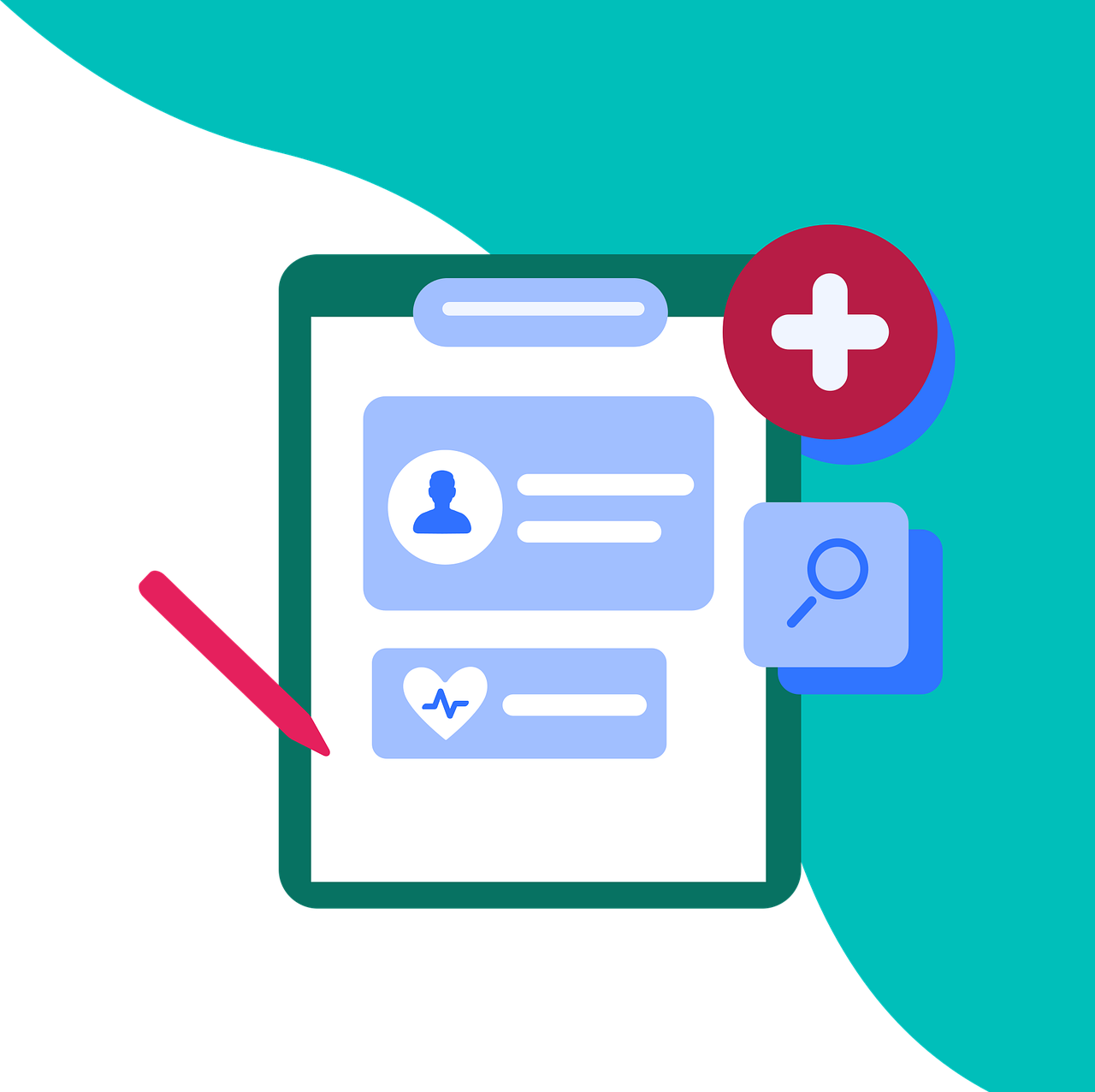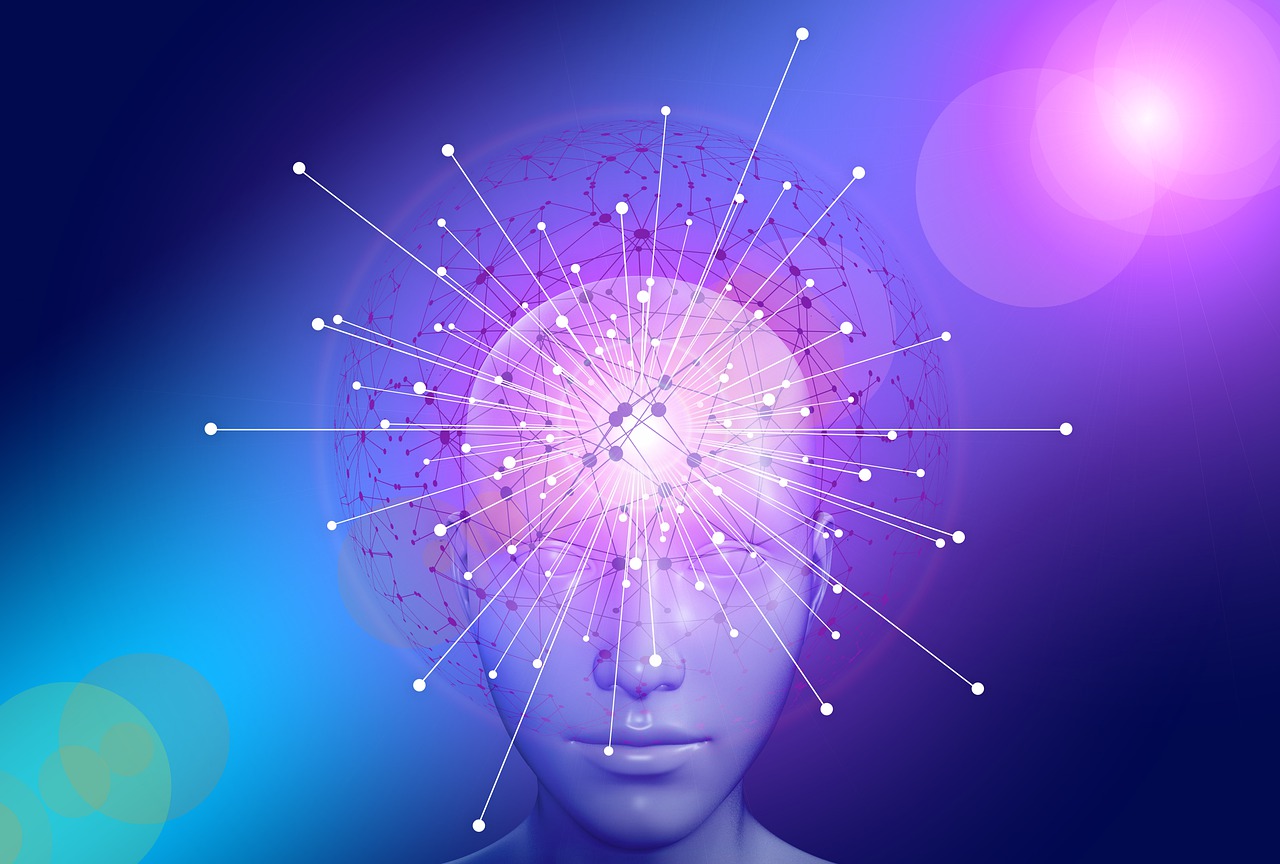AI is changing the field of medical marketing, making it easier for doctors and nurses to connect with patients, customize their care, and improve total results. AI has become an important tool for medical marketing because it can study huge amounts of data, predict how patients will act, and automate processes. In this article, we'll talk about how AI is having a big effect on medical marketing and how it's changing the future of healthcare.
Artificial Intelligence, or AI, is an emerging technology that is changing the way brands interact with their audience. In a world where almost everything is digital, brands are becoming even more interactive than before. They have to be because of the impact AI has on marketing. Medical marketing needs to adapt to keep pace with the times. In this blog, we will explore the impact of AI on medical marketing, how it works, and how brands can use it to their advantage.

What is AI?
Artificial Intelligence refers to machines that can perform tasks that would normally require human intelligence. These machines can learn, reason, and understand natural language. AI can be broken down into two categories: narrow and general. Narrow AI is designed to perform a specific task, such as facial recognition, while general AI is designed to perform any intellectual task that a human can do.
AI is already being used in many industries, including healthcare. In healthcare, AI is being used for a variety of purposes, including diagnosing diseases, predicting outcomes, and improving patient care. AI can analyze vast amounts of data and provide insights that would be impossible for humans to do on their own.
The Impact of Artificial Intelligence on Medical Marketing
The Power of Data Analysis:
Artificial intelligence (AI) programs are very good at processing and studying large amounts of data.

This ability is especially useful in medical marketing because it lets healthcare workers learn a lot about how patients act, what they like, and what the trends are. Medical marketers can improve their strategies and improve patient results by using data to understand patient demographics, engagement trends, and how people respond to marketing efforts.
Personalization and Targeting:
One of the best things about using AI in medical marketing is that it can give each customer a unique experience. By using tools that are powered by AI, healthcare providers can tailor their marketing efforts to the demographics, medical background, and tastes of each patient. Personalized programs not only get patients more involved, but they also help marketing efforts work better by sending relevant material and messages to specific groups of patients.
Chatbots and Virtual Helpers:
Chatbots and virtual helpers that are powered by AI are changing how doctors and patients talk to each other and how they help customers.

These smart tools can answer questions from patients right away, set up meetings, and give unique suggestions. By adding chatbots to websites and message platforms, healthcare providers can make it easier for patients to interact with them, improve reaction times, and offer help around the clock, which will make patients happier.
Predictive Analytics for Targeted Outreach:
AI systems can look at past data on patients to guess how they will act and what will happen to them in the future. This ability is used in medical marketing to find people who are at risk, target treatments, and make the most of outreach efforts. By using predictive analytics, doctors can reach out to patients who might benefit from certain medicines, preventive measures, or follow-up care. This improves patient results and lowers healthcare costs in the long run.
Image and Pattern Recognition:
AI has made a lot of progress in image and pattern recognition, which means that medical marketers can use this ability to create visual material and make recommendations.

With algorithms that are driven by AI, medical marketers can look at medical images, find trends, and make correct predictions. Medical marketers can get people interested in their services, teach them about medical conditions, and sell them well by using visually appealing material and image recognition technology.
Enhanced Patient Engagement and Experience:
AI has the ability to change how patients are engaged and how they feel about their experience with medical marketing. Through personalized recommendation engines, virtual health helpers, and engaging content, healthcare providers can give patients information that is specific to them, help them take care of themselves, and make it easier for patients and providers to talk to each other. This makes patients happier, makes them more likely to follow their treatment plans, and improves their health in the long run.
AI is changing the way medical marketing is done, allowing healthcare providers to give patients more personalized experiences, improve their contact efforts, and improve patient results.

AI is changing how medical marketers deal with patients in the digital age. It can analyze data, send out targeted ads, automate processes, and get patients more involved. As AI keeps getting better, it will surely be a key factor in shaping the future of healthcare and pushing medical marketing forward.
 Add Row
Add Row  Add
Add 




Write A Comment